What is a Stock Buyback?
A stock buyback (also known as a share repurchase program) is when a company buys its own shares. To accomplish the share buyback, the company will buy its shares on the open market. The shares purchased are retained on the company's books and for all intents and purposes no longer exist publicly. The result is a reduction in cash held by the company and a reduction in the total number of outstanding shares. Shareholders will own a larger percentage of the company after a stock buyback.
Why Would a Company Buyback its own Stock?
A company will buyback its own shares for various reasons:
- The company has excess cash and has no good business opportunities to invest that money
- Stakeholders in the company want to consolidate voting control
- The company believes its share price is significantly undervalued
- Executive leadership needs to meet certain business metrics and will use buybacks to quickly meet that goal.
Is a Stock Buyback a Good or Bad Thing?
In terms of evaluating a company, a share buyback could have mixed meanings. A share buyback signals the following:
- The company is generating excess cash, typically a positive
- The company doesn't have new growth opportunities to invest in, which is a negative if the company is a growth stock
- The company believes the price of their stock is lower than the true future value of the stock
Who Benefits from a Stock Buyback?
Investors benefit in the short term as the value of their shares should increase. Investors also own more of the company without having to buy more shares.
Executives benefit as the metrics they are evaluated upon go up. For example, earnings per share will go up as there are now less shares.
The business's operations lose in a stock buyback. The cash that could have been used to hire more employees, buy more equipment, or improve operational processes has been stripped from the business.
Why are Buybacks Better Than Dividends
Stock buybacks add value to an investors shares while dividends are cash received by investors. Dividends are taxable and the taxes are paid by the investor. However, the result is tangible for the investor. The cash is received by the investor. Stock buybacks are intangible. The value of an investor's shares should rise, but only in theory.
What are Investors Required to do during a Stock Buyback?
Investors do not have to do anything when a public company conducts a stock buyback. The company acts as a market participant buying and selling its own shares.
If the whole company is being purchased to go private, the investor will typically be forced to sell their shares. However, this is not a stock buyback. Instead, this is a company acquisition by an outside entity.
Do I have to Sell my Shares in a Buyback?
Investors do not have to do anything when a public company conducts a stock buyback. The company acts as another participant buying and selling stocks anonymously on a stock exchange or with larger funds in dark pools.
Are Share Buybacks Taxable?
Investors do not have to pay any taxes when a company buys its own shares back from the market. The company itself will need to pay taxes when it buys and sells its own shares.
What Happens to the Share Price After Buyback?
If you've read that the share price goes up after a buyback, then you've been mislead. The share price is set by the market and a stock buyback cannot control the price. The buyback adds upward pressure to the stock price, but their is no guarantee that the price will go up. A stock buyback program is also a process, and the potential price movements vary at different stages of the process:
- The buyback program is announced - At this point, the stock price could actually fall on the announcement. Investors may be expecting optimism around the news and will "sell the news" itself.
- The buyback program starts - Buyback programs may be conducted over an entire quarter or longer. This is different from dividends which get paid all at once on a single day. The company may try to hide their transactions on the open market so that traders can't react to a "whale" buying in the market.
- During the Buyback Program - The company is obligated to fulfill their buyback program once it's announced. Traders will try to pump the price if they get wind the company is the buyer. Hence, companies will try to hide their participation in the market. Companies use dark pools and third parties to hide their trade activity. They also spread out trades so that trade sizes can be smaller and less noticeable.
- The buyback program ends - By the time the program is over, investors are already analyzing the results of a new quarter. The market is reacting to new data and the price of the stock is being influenced by forces beyond just the buyback program.
How do you Profit from a Stock Buyback?
In theory, your shares will go up by the amount of money the company is using to buy back shares divided by the number of shares left after the buyback. For example, if a company buys one billion of its own shares for $1 Billion dollars and 10 billion shares are left, your share price should increase by:
$1 Billion Dollars / 10 Billion Shares = $0.10 per share
However, that isn't what happens in practice. The open market will take into account the fact that the company has just reduced their assets (the cash used to conduct the buyback). Investors will also make their own conclusions about what the stock buyback is signaling. If investors believe the company is signaling weak future growth, they may sell.
Other Answers about Stock Buybacks
How do Buybacks Increase Earnings per Share?
Earnings per share (EPS) is calculated by taking a companies earnings over a period of time (typical the last four quarters or most recent quarter) and dividing it by the total shares outstanding. A stock buyback reduces the total number of shares outstanding. This reduces the denominator of eps, increasing the earnings per share without changing total earnings.
How Does a Stock Buyback Affect Shareholders?
Shareholders will own a larger percentage of the company once the buyback is complete. This gives you a larger vote in the company and more rights to future company earnings.
Final Thoughts
Stock Buybacks allow companies to use their excess cash to add value for its share holders. However, it is not a signal that the stock price will move up or down. The stock price is still governed by the open market, not what the company wants. A stock buyback announcement could be met with prices falling. A stock buyback program will put pressure on the stock price overtime to increase as the company buys shares of its own stock.
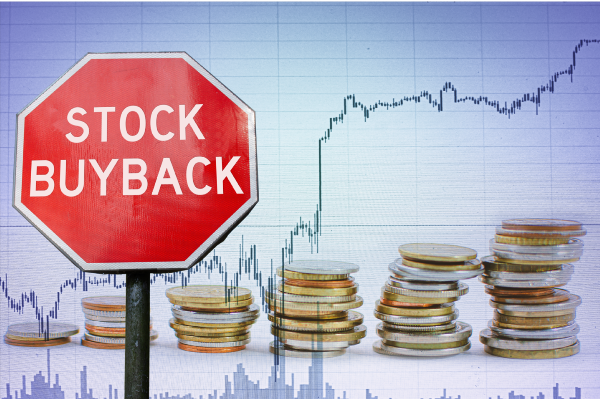
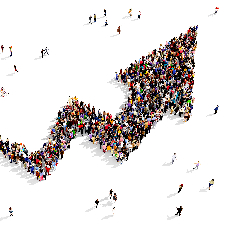
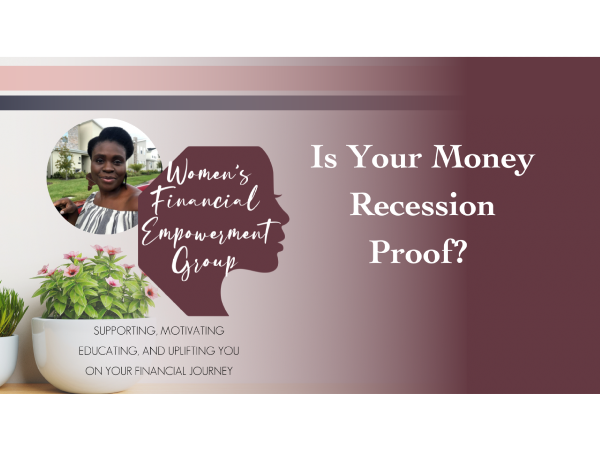
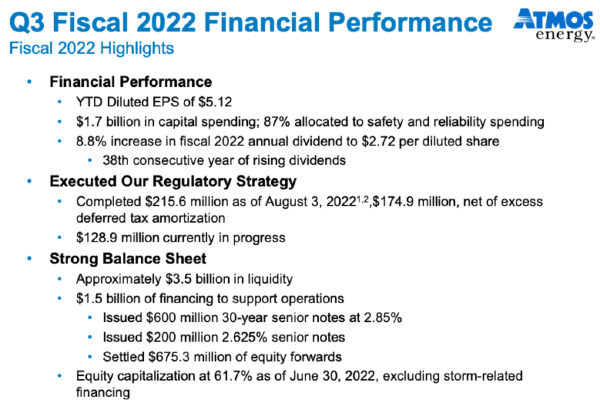
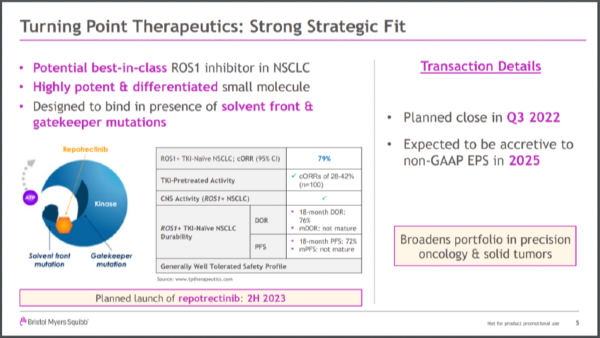
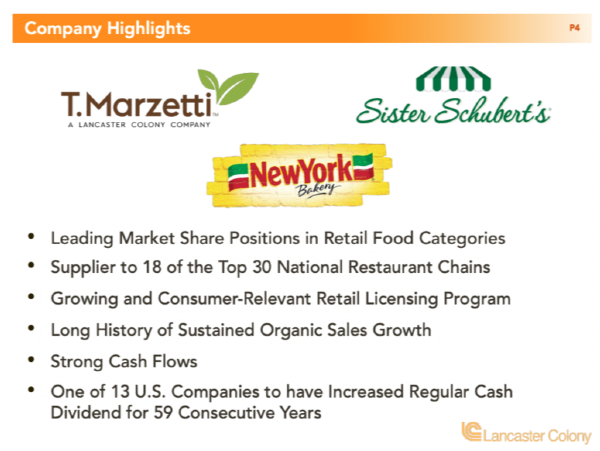
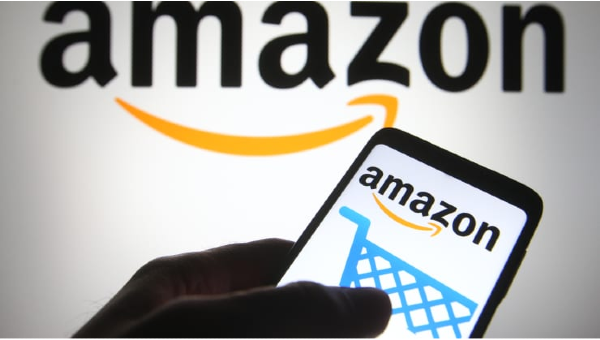
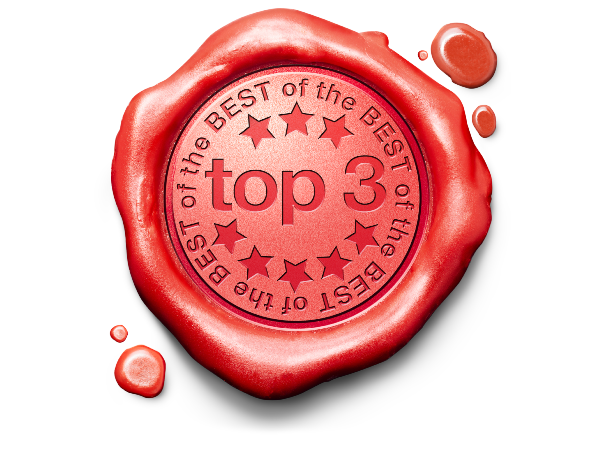
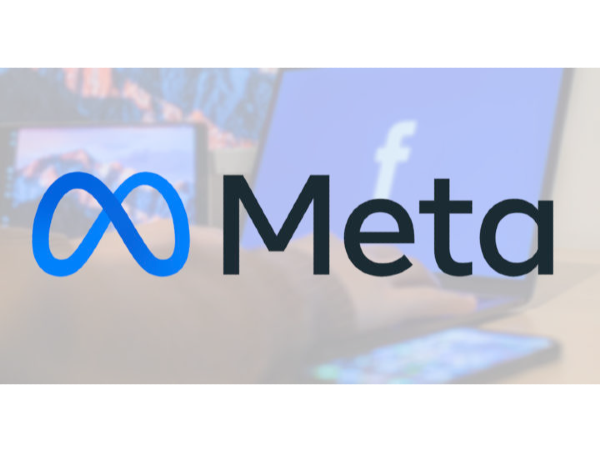
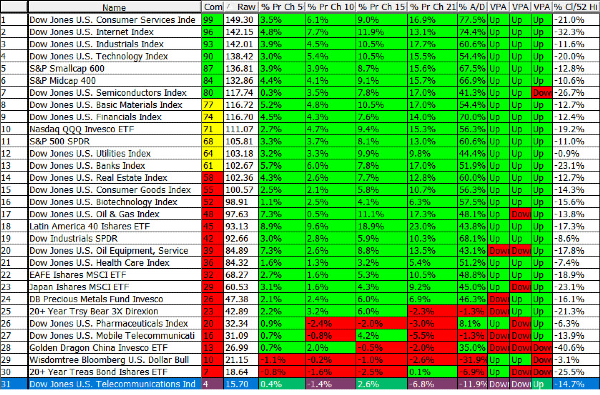
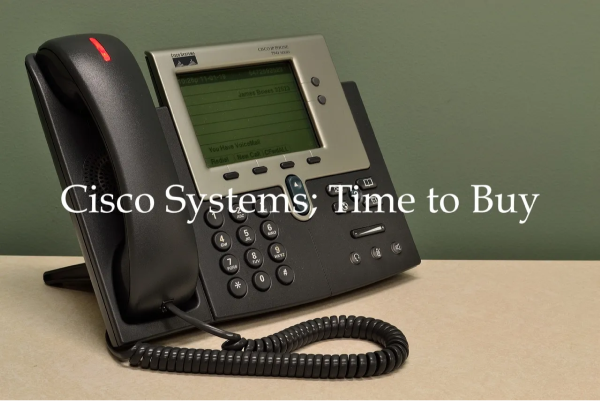
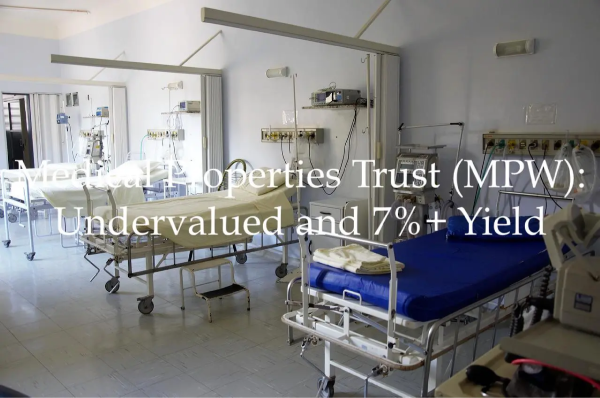
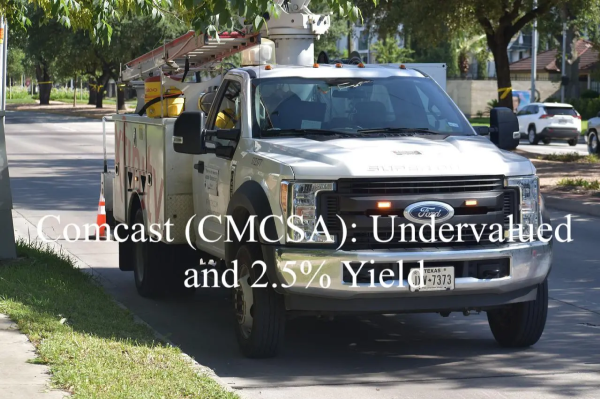

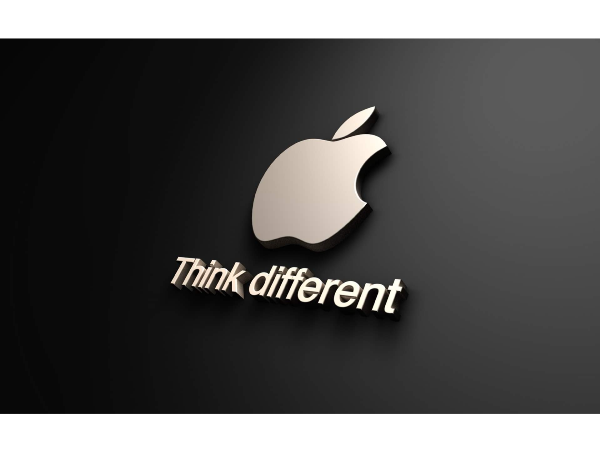
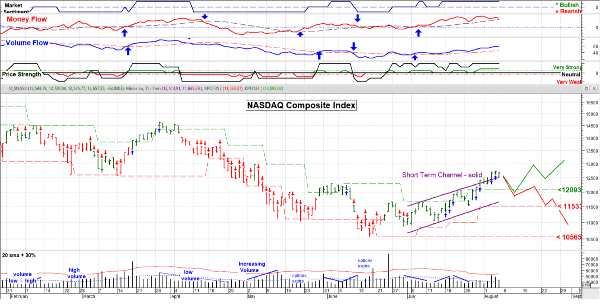
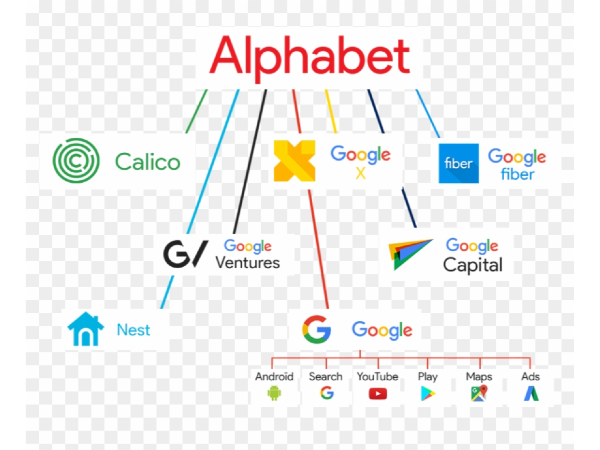
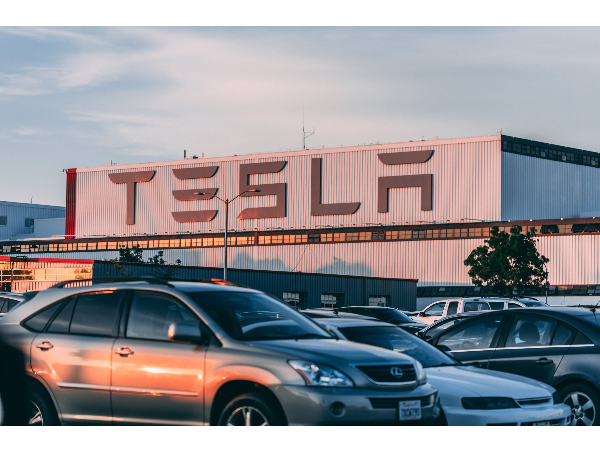
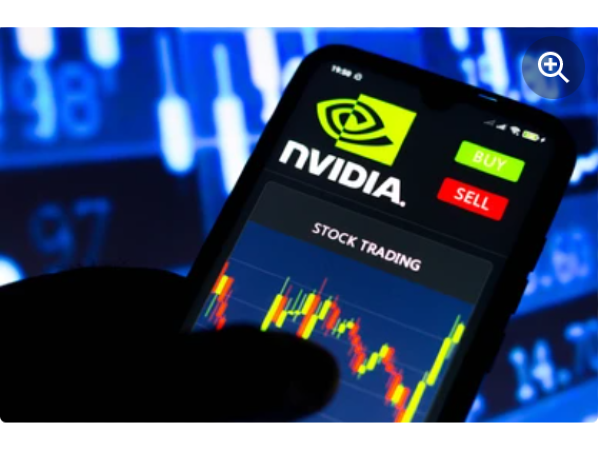
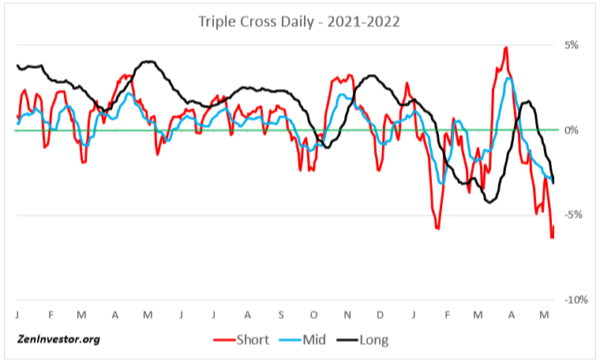
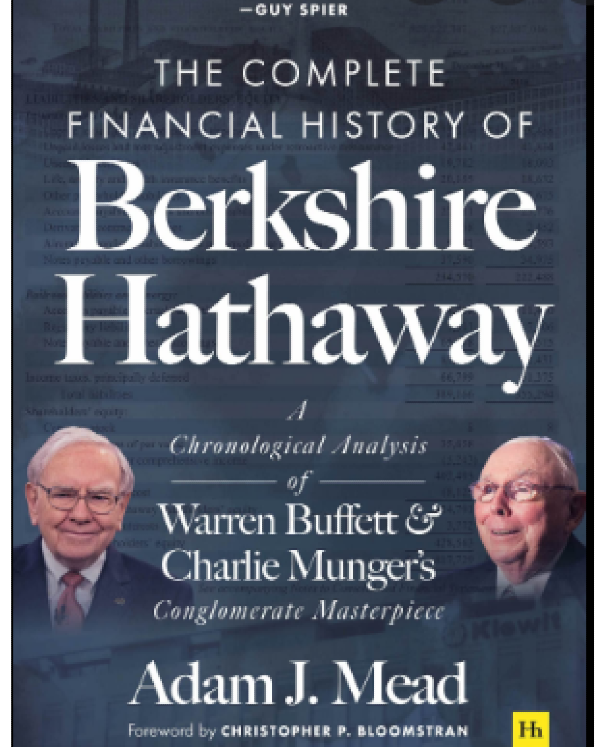
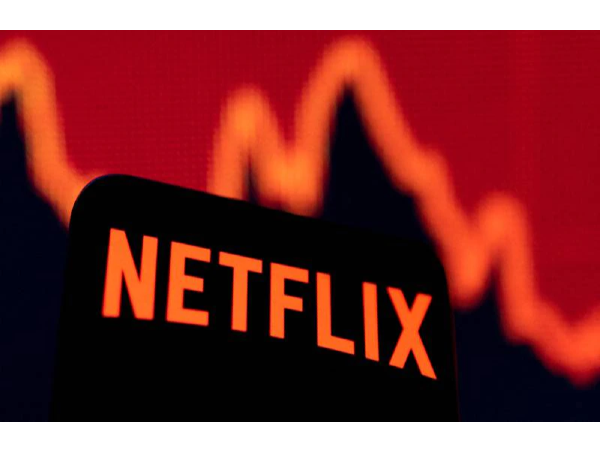








What is a Stock Buyback?
A stock buyback (also known as a share repurchase program) is when a company buys its own shares. To accomplish the share buyback, the company will buy its shares on the open market. The shares purchased are retained on the company's books and for all intents and purposes no longer exist publicly. The result is a reduction in cash held by the company and a reduction in the total number of outstanding shares. Shareholders will own a larger percentage of the company after a stock buyback.
Why Would a Company Buyback its own Stock?
A company will buyback its own shares for various reasons:
Is a Stock Buyback a Good or Bad Thing?
In terms of evaluating a company, a share buyback could have mixed meanings. A share buyback signals the following:
Who Benefits from a Stock Buyback?
Investors benefit in the short term as the value of their shares should increase. Investors also own more of the company without having to buy more shares.
Executives benefit as the metrics they are evaluated upon go up. For example, earnings per share will go up as there are now less shares.
The business's operations lose in a stock buyback. The cash that could have been used to hire more employees, buy more equipment, or improve operational processes has been stripped from the business.
Why are Buybacks Better Than Dividends
Stock buybacks add value to an investors shares while dividends are cash received by investors. Dividends are taxable and the taxes are paid by the investor. However, the result is tangible for the investor. The cash is received by the investor. Stock buybacks are intangible. The value of an investor's shares should rise, but only in theory.
What are Investors Required to do during a Stock Buyback?
Investors do not have to do anything when a public company conducts a stock buyback. The company acts as a market participant buying and selling its own shares.
If the whole company is being purchased to go private, the investor will typically be forced to sell their shares. However, this is not a stock buyback. Instead, this is a company acquisition by an outside entity.
Do I have to Sell my Shares in a Buyback?
Investors do not have to do anything when a public company conducts a stock buyback. The company acts as another participant buying and selling stocks anonymously on a stock exchange or with larger funds in dark pools.
Are Share Buybacks Taxable?
Investors do not have to pay any taxes when a company buys its own shares back from the market. The company itself will need to pay taxes when it buys and sells its own shares.
What Happens to the Share Price After Buyback?
If you've read that the share price goes up after a buyback, then you've been mislead. The share price is set by the market and a stock buyback cannot control the price. The buyback adds upward pressure to the stock price, but their is no guarantee that the price will go up. A stock buyback program is also a process, and the potential price movements vary at different stages of the process:
How do you Profit from a Stock Buyback?
In theory, your shares will go up by the amount of money the company is using to buy back shares divided by the number of shares left after the buyback. For example, if a company buys one billion of its own shares for $1 Billion dollars and 10 billion shares are left, your share price should increase by:
$1 Billion Dollars / 10 Billion Shares = $0.10 per share
However, that isn't what happens in practice. The open market will take into account the fact that the company has just reduced their assets (the cash used to conduct the buyback). Investors will also make their own conclusions about what the stock buyback is signaling. If investors believe the company is signaling weak future growth, they may sell.
Other Answers about Stock Buybacks
How do Buybacks Increase Earnings per Share?
Earnings per share (EPS) is calculated by taking a companies earnings over a period of time (typical the last four quarters or most recent quarter) and dividing it by the total shares outstanding. A stock buyback reduces the total number of shares outstanding. This reduces the denominator of eps, increasing the earnings per share without changing total earnings.
How Does a Stock Buyback Affect Shareholders?
Shareholders will own a larger percentage of the company once the buyback is complete. This gives you a larger vote in the company and more rights to future company earnings.
Final Thoughts
Stock Buybacks allow companies to use their excess cash to add value for its share holders. However, it is not a signal that the stock price will move up or down. The stock price is still governed by the open market, not what the company wants. A stock buyback announcement could be met with prices falling. A stock buyback program will put pressure on the stock price overtime to increase as the company buys shares of its own stock.